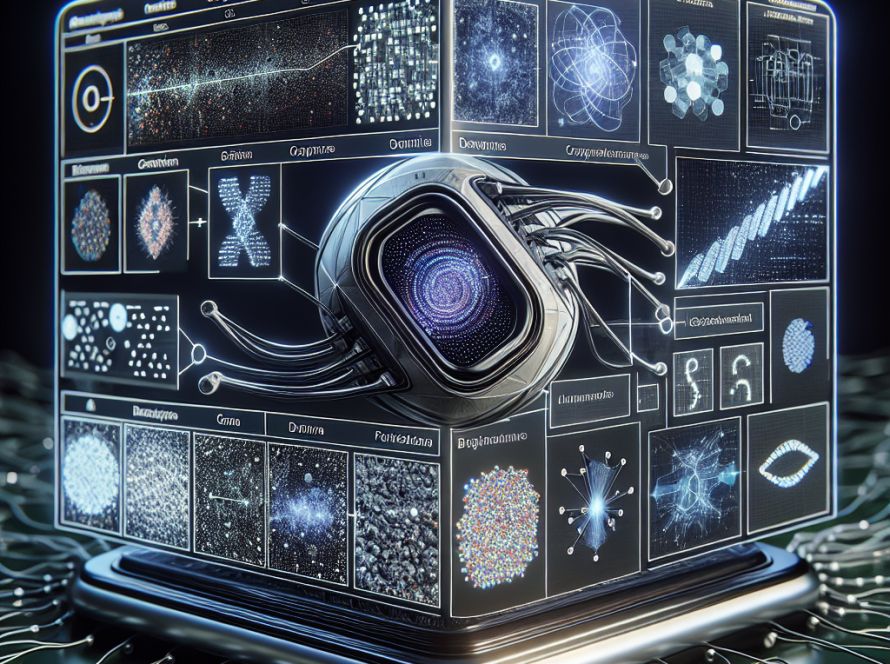Generative Information Retrieval and AI-powered SEO (search engine optimization) agents are revolutionizing how organizations approach SEO. This technology facilitates streamlined workflows, data-driven insights, and the creation of high-quality content that aligns with both user preferences and search engine algorithms.
These breakthroughs have roots in the power of knowledge graphs within the realm of Generative Information Retrieval. Such graphs improve query interpretation, enhance search discovery, and support complex question solving, ultimately delivering intelligent and relevant search results-based on verified data sources.
While the goal of achieving artificial general intelligence (AGI) – machines with human-like intelligence – continues to remain challenging and somewhat distant, practical AI applications are delivering substantial real-world benefits and successfully addressing specific issues. These practical AI applications are easily scalable and able to produce measurable results, providing several enhancements including learning opportunities, increased robustness, and heightened accountability in AI applications.
The vast shift towards AI technology in recent years has been pivotal in the new age of content. The growth in adoption of these technologies is such that the number of consumer journeys involving AI helpers like Microsoft’s Copilot is reportedly increasing four times faster than traditional search methods. As such, content creators must respond to these changes and adapt their contributions to align with the rapid evolution of search engines.
The human component, however, remains vital despite AI advancements. Successful integration of AI into SEO strategies requires a human leader who can effectively guide the technology and align it with the unique objectives and nuances of their business. This implies that strategic planning, the development of client relationships, the nurturing of innovation, and a commitment to continuous learning are essential facets of effective AI implementation.
AI in SEO present specific practical applications as well. AI is capable of automating product descriptions. This function provides a significant advantage in e-commerce platforms wherein the technology can generate SEO-friendly product descriptions from given product feed data. Additionally, the implementation of AI allows for the automation of internal linking which proves crucial in ensuring an effective site architecture.
While AI applications in SEO offer notable benefits, businesses still need to be wary of potential issues such as information overload due to content saturation. However, the enhanced capability of AI to generate tailored, precise content can mitigate this issue by ensuring that users find the specific information they seek amidst the wealth of content online.
To conclude, the integration of AI with SEO approaches has started to redefine the landscape of content optimization in the business sphere. Generative AI and SEO agents are automating workflows, deriving insights from data, and producing high-quality content, thus improving SEO performance and bolstering digital presence. However, successful implementation of AI heavily relies on human guidance, highlighting the importance of the human element in AI-enabled workflows. The most significant value arises from the intersection of AI technology and human expertise, facilitating optimally tailored content for improved SEO success.


